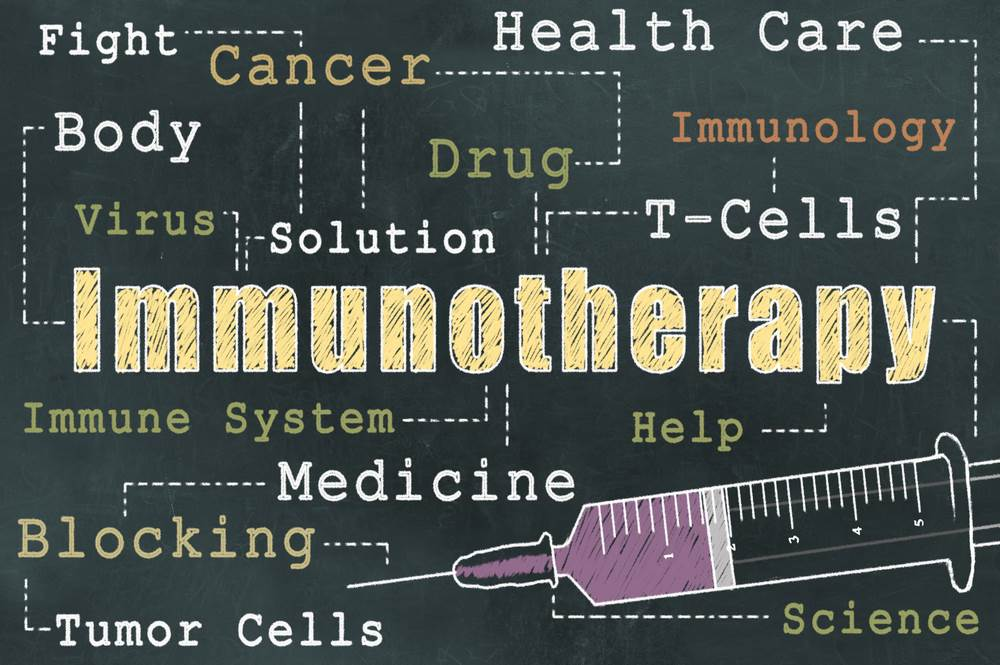Immunotherapy Success Rate

Immunotherapy is an exciting breakthrough for cancer patients, but it is ineffective for certain categories of cancer patients. The results indicate that CAFs’ immunotherapy-resistance and the body’s oxidative stress can inhibit immunotherapy’s efficacy. Immunotherapy is one of the finest cancer treatments because it offers a greater chance of fighting cancer cells and a much more promising success rate. Immunotherapy can sometimes make tumors more sensitive to other cancer treatments, so the statement that immunotherapy is not suitable for all cancer patients is partially accurate.
According to a study conducted by the University of Southampton, the combination of checkpoint inhibitors and cancer vaccine substantially increases the success rate of immunotherapy treatment for cancer by reducing scarring in organ tissues. In addition, a number of laboratory studies examining the efficacy of immunotherapy demonstrate that this cancer treatment strengthens the immune system to better combat all forms of cancer. Immunotherapy’s effectiveness depends on the ability of killer lymphocytes to enter tumors and eliminate cancerous cells.
However, the majority of patients do not respond well because the tumor prevents lymphocytes from penetrating the tumor’s border and attacking malignant cells. Scientists are working harder than ever to potentially increase the success rate of immunotherapy by investigating methods to overcome lymphocyte blocking and drug resistance. The fact that cancer cells co-opt fibroblasts and use them as a barrier against the immune response is another significant factor that hinders the efficacy of immunotherapy.
More than 50 percent of esophageal, colorectal, and pancreatic cancer patients have CAF-rich cancer cells in their bodies, which is a significant factor in the immunotherapy-induced low survival rate. The fibroblasts are no longer normal cells; they are known as cancer-associated fibroblasts (CAF) and they safeguard cancer cells from lymphocyte attack, preventing immunotherapy from being effective.
According to a study conducted by UCLA researchers, immunotherapy with pembrolizumab extends the lives of more than 15 percent of patients with advanced lung cancer by at least five years. The presence of a specific protein on tumor cells increases the survival rate of an additional 25% of lung cancer patients receiving immunotherapy. At the start of the trial in 2012, the five-year survival rate for lung cancer patients was only 5.5%.
Immunotherapy can extend the lives of some patients with stage 3 or stage 4 melanoma, as well as those who cannot have their melanoma surgically removed, a condition known as unresectable melanoma. Checkpoint inhibitors specifically contribute to the survival of 22% of patients with stage 3 melanoma for three years. Eight percent of patients treated with checkpoint inhibitors live for four years or longer, while ten percent of patients live for three years or longer.
